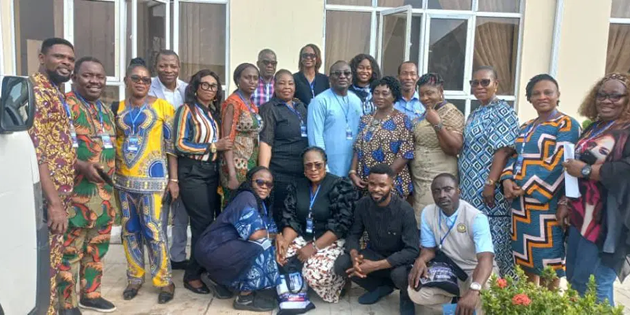The recent decision by the Federal Ministry of Education to list French as an optional subject in Nigerian primary and secondary schools under the National Education Sector Reform Initiatives (NESRI) has sparked widespread disapproval among French educators, language advocates, and cultural stakeholders across the country.
As French teachers, we find this policy both disappointing and counterproductive to Nigeria’s educational and diplomatic aspirations. Reducing the status of French from a core to an optional subject undermines decades of progress made toward building a multilingual, globally competitive generation of Nigerians.
A Step Backward for National and Regional Development
Nigeria’s geographical location makes the French language more than a classroom subject — it is a strategic necessity. The country shares borders with French-speaking nations on nearly all sides. Proficiency in French enhances communication, regional cooperation, and trade within the Economic Community of West African States (ECOWAS).
By making French optional, Nigeria risks isolating itself linguistically and diplomatically from its closest neighbors.
Undermining Educational and Career Opportunities
French is not only a language of diplomacy and culture but also a key to global opportunities. Many international organizations, multinational companies, and NGOs require bilingual professionals who can function effectively in English and French.
If students are no longer encouraged to learn French from an early age, we will be denying them access to a wide range of academic, professional, and cultural opportunities that come with bilingualism.
Disregard for Ongoing Efforts and Investments
Over the years, the Federal Government, through agencies like TETFUND and institutions such as the Nigeria French Language Village, Badagry, has invested significant resources in promoting French language education. The French Embassy in Nigeria has also supported several projects — including the French Embassy Fund (FEF) and the establishment of French Resource Centres in universities — to strengthen language capacity and teacher development.
This new policy disregards these long-standing efforts and partnerships aimed at fostering linguistic diversity and international collaboration.
A Call for Policy Reconsideration
We strongly urge the Federal Ministry of Education to review and reverse this decision. Instead of diminishing French education, Nigeria should expand access to quality language instruction, train more teachers, and integrate French learning with practical applications in technology, business, diplomacy, and the creative industries.
Conclusion
French is not just another school subject — it is a bridge between Nigeria and the world. Making it optional weakens that bridge.
As educators, we reaffirm our commitment to promoting French language learning at all levels of education and call on the government to uphold its role in sustaining multilingual education for a more globally connected Nigeria.




















